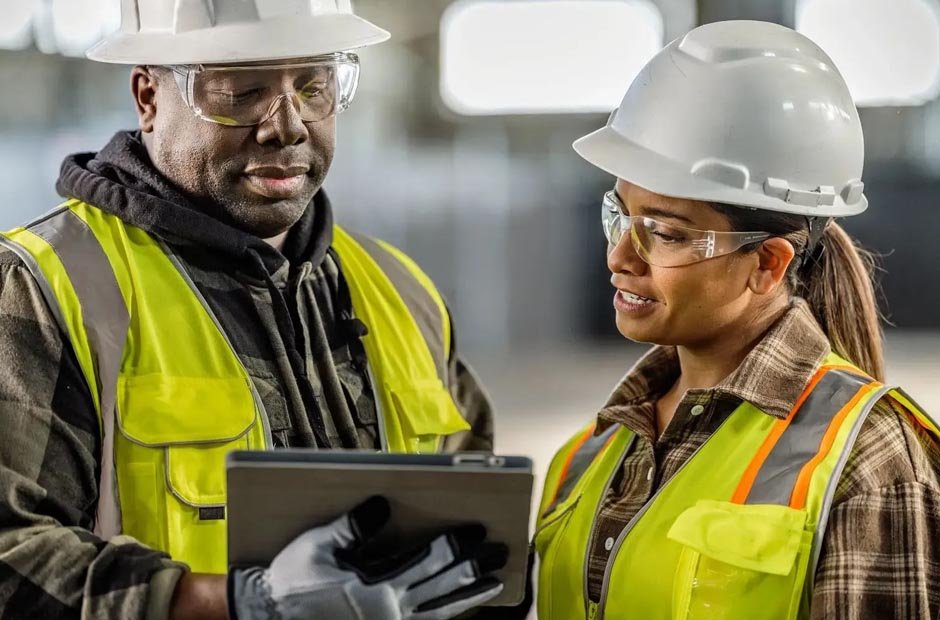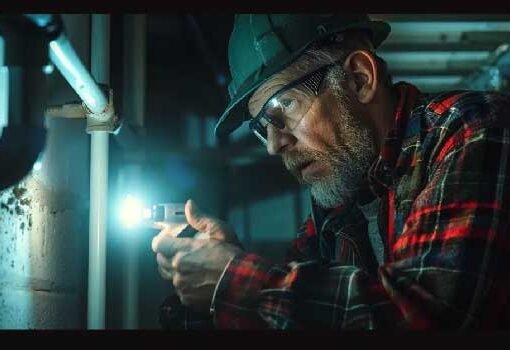In today’s fast-paced and dynamic business world, aligning one’s career with current market trends is crucial for success and professional growth. Construction, as an industry, is experiencing significant growth and transformative changes, making it a favorable choice for individuals looking to build a successful and rewarding career.
This article will discuss how pursuing a construction career aligns with model business trends, so that you can assess whether your own company needs improvement in this area to expand.
Table of Contents
Growing Global Construction Industry:
The construction industry has seen robust growth in recent years, bolstered by increasing urbanization, population growth, and economic development. Model business trends emphasize the importance of aligning one’s career with growing industries, and the construction sector undoubtedly falls into that category. By choosing a construction career, individuals can tap into a thriving industry, ensuring stable employment prospects and a wide array of opportunities.
Technological Advancements:
Advancements in technology have revolutionized the construction industry, leading to increased efficiency, improved safety, and enhanced project management. This aligns with model business trends as companies across industries are continually leveraging technology for competitive advantage. Construction professionals are increasingly utilizing Building Information Modeling (BIM), drones, laser scanning, and AI-based tools for design, planning, and execution. Individuals pursuing a construction career have the opportunity to stay at the forefront of technological advancements, enhancing their skills and remaining relevant in a rapidly changing business landscape.
Sustainability and Green Building:
Sustainability is a key focus of model business trends as companies strive to reduce their environmental impact and implement eco-friendly practices. The construction industry plays a vital role in this movement through the adoption of green building practices. Professionals in this sector have the opportunity to contribute to sustainable development by designing energy-efficient buildings, integrating renewable materials, and implementing environmentally friendly construction techniques. Pursuing a construction career allows individuals to align themselves with the global push for sustainability, making them highly sought after in the job market.
Increasing Infrastructure Projects:
Governments and private entities worldwide are prioritizing infrastructure development to support economic growth and improve quality of life. This aligns perfectly with model business trends that emphasize capitalizing on investment opportunities and infrastructure development. Construction careers offer individuals the chance to work on large-scale projects such as roads, bridges, airports, and utilities, providing exposure to groundbreaking projects that shape communities and economies.
Collaborative and Agile Work Practices:
Model business trends emphasize the importance of collaboration and agility in today’s work environment. Construction professionals are required to work closely with various stakeholders, including architects, engineers, clients, and subcontractors, to successfully deliver projects. This collaboration fosters strong communication skills, team dynamics, and adaptability, which are highly valued in all industries. A construction career allows individuals to develop and strengthen these essential skills, providing them with a competitive advantage in an increasingly interconnected business world.
How The Construction Industry Has Evolved in Response to Emerging Business Trends
The construction industry has undergone significant changes and adaptations in response to emerging business trends and technological advancements. To improve your company and ensure that your response is as positive, you may want to consider and adapt the tips discussed below:
Adoption of sustainable practices
As mentioned previously, in response to increased environmental consciousness, the construction industry has embraced sustainable practices such as green building, energy-efficient designs, and the use of eco-friendly materials. This trend is driven by both business and regulatory reasons, with companies increasingly focusing on reducing their carbon footprint and meeting sustainability targets.
Emphasis on workforce development
As a business owner, you must remember that any employees you have require appropriate skills and development, to align with modern business trends. To keep up with the changing technological landscape, the construction industry must invest in workforce development and upskilling. Professionals behind https://www.creresources.com.au/ recommend offering training programs to familiarize workers with emerging technologies, software, and digital tools. This way you are more likely to succeed as all members of staff will know what they’re doing. Your business will also be attracting young talent by highlighting the opportunities for innovation and sustainable construction practices.
Increased use of prefabrication and modular construction
Technological advancements have enabled prefabrication and modular construction techniques to gain popularity. These methods allow for faster construction times, higher quality control, reduced labor costs, and improved safety on site. Companies are now investing in advanced machinery, 3D printing, and automation to create pre-manufactured components that can be assembled efficiently at the construction site.
Integration of Building Information Modeling (BIM):
BIM has revolutionized the planning and design stages of construction projects. It involves creating a 3D digital representation of the building, including all its components and systems. This technology allows for improved collaboration, clash detection, cost estimations, and the optimization of construction processes. BIM enables designers, contractors, and other stakeholders to work together seamlessly, reducing errors, rework, and overall project costs.
Embracing digitalization and data-driven decision-making
The construction industry is starting to leverage digital technologies and data analytics to enhance efficiency, productivity, and project management. Cloud-based collaboration platforms, smartphones, and tablets enable real-time communication and information sharing among project teams. Advanced sensors and Internet of Things (IoT) devices are used to monitor site conditions, track equipment, and collect data for predictive maintenance. Artificial intelligence (AI) and machine learning are being applied to automate repetitive tasks and generate insights from large datasets.
Improved safety measures
Technology has played a crucial role in enhancing safety in the construction industry. Drones are used for site inspections, identifying potential hazards, and monitoring worker compliance with safety protocols. Wearable devices, such as smart helmets and vests, can track vital signs, detect fatigue, and alert workers of imminent dangers. Real-time data analysis ensures prompt identification of safety issues and implementation of preventive measures.
Choosing a career that aligns with model business trends can significantly enhance one’s professional growth and prospects. Pursuing a construction career whilst ensuring it aligns with modern business trends offers numerous advantages that resonate with these trends, some of which are discussed on the page above. By embracing the opportunities offered by a construction career, individuals position themselves for success in the dynamic and evolving business world.










